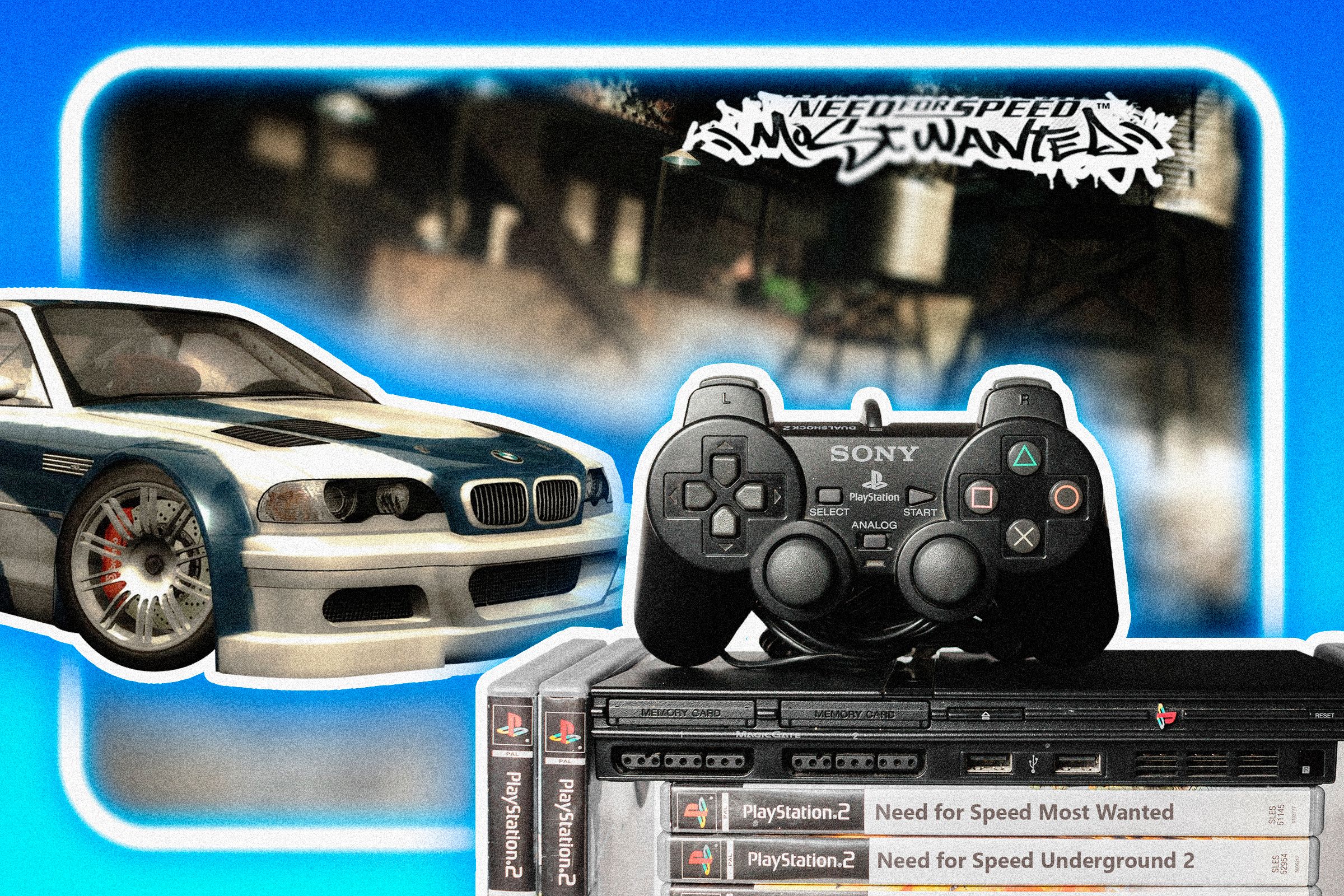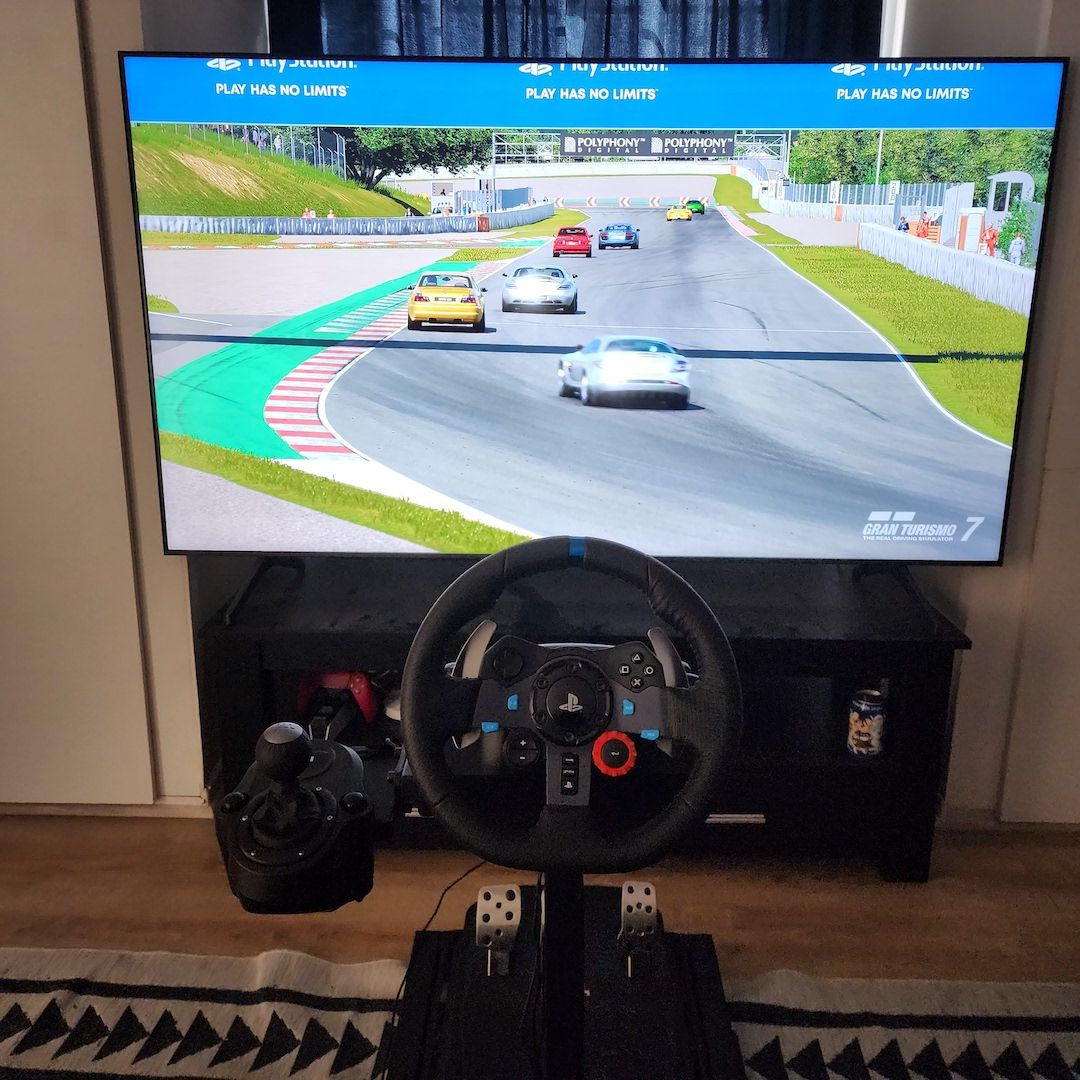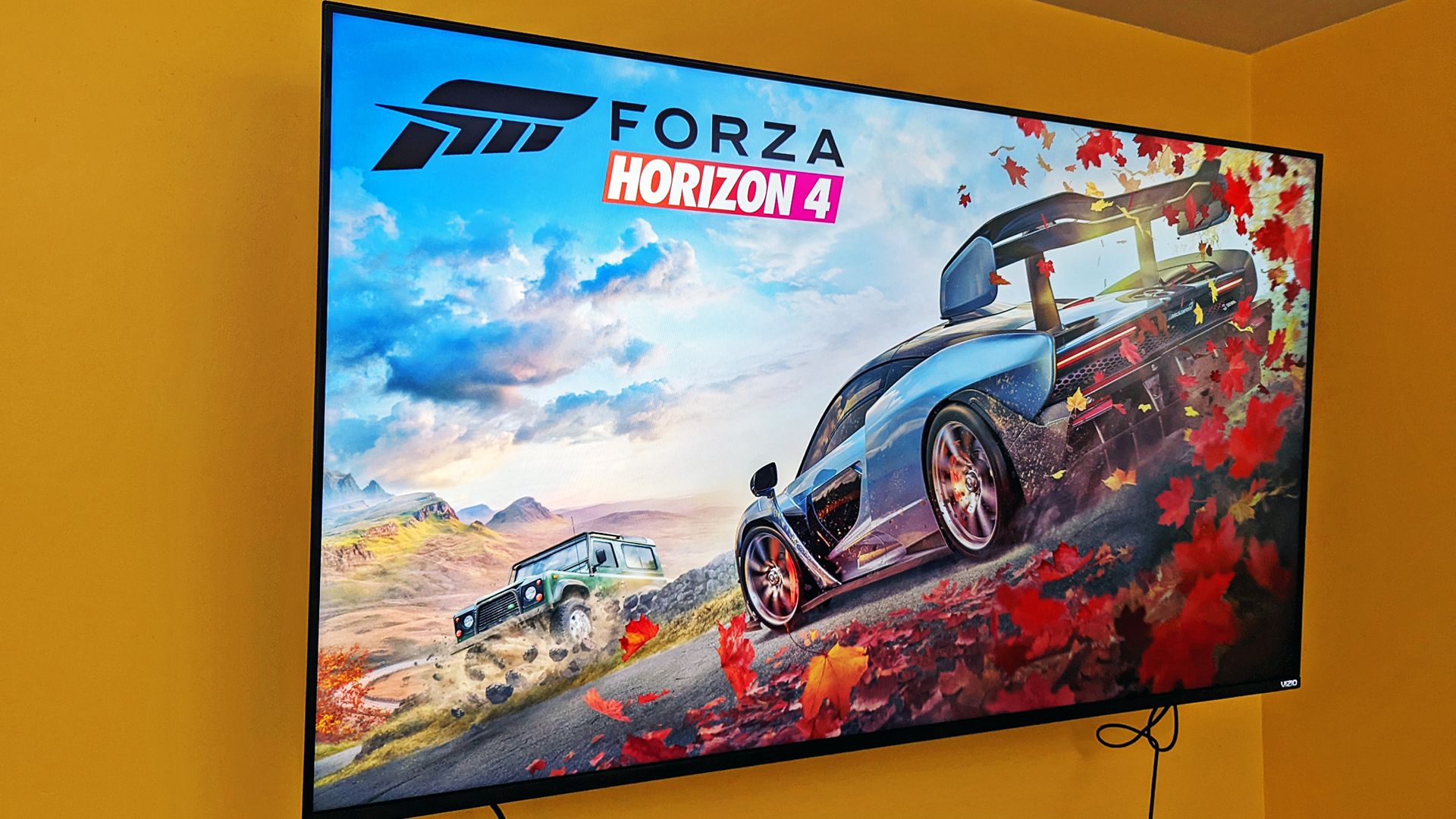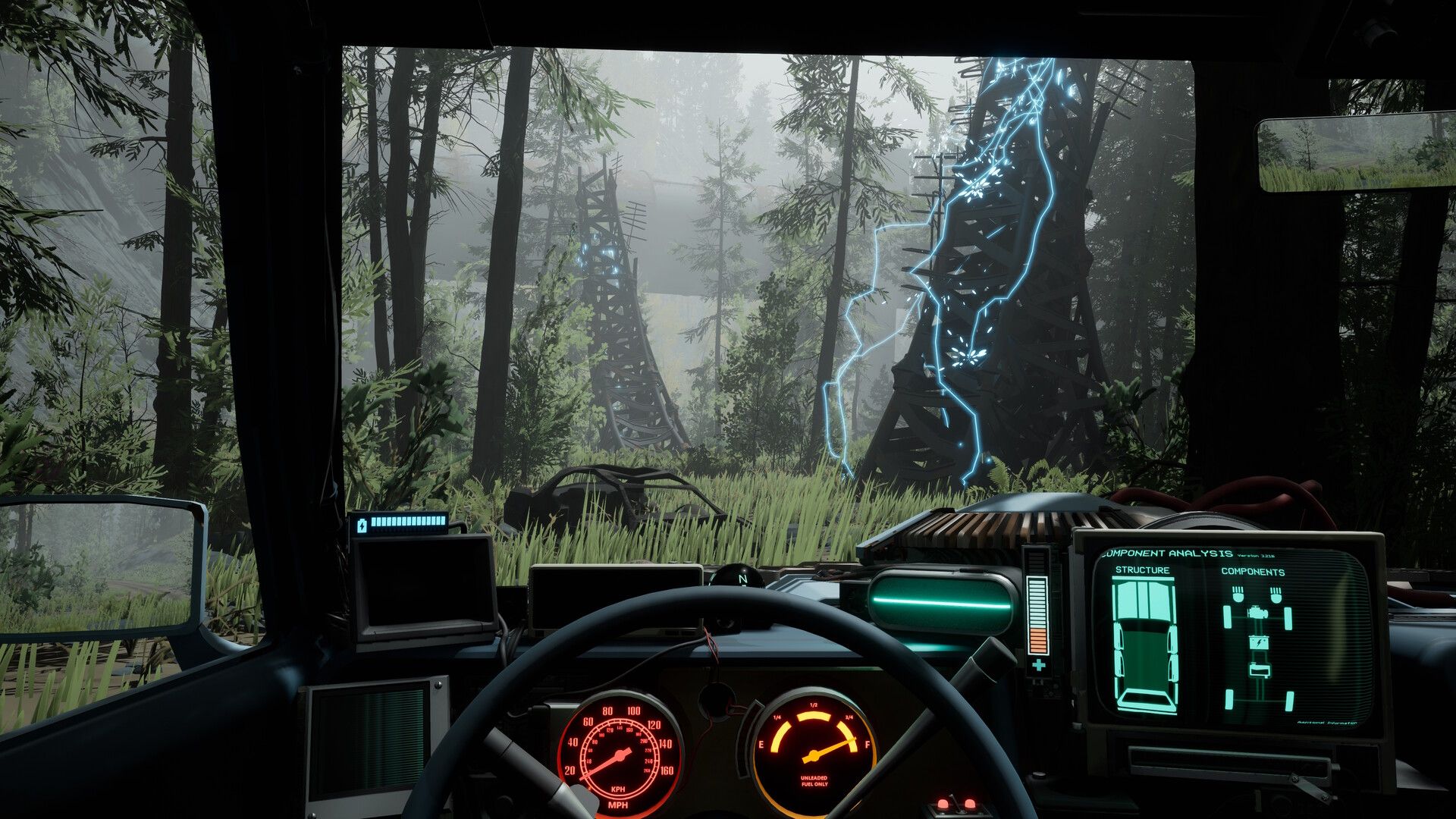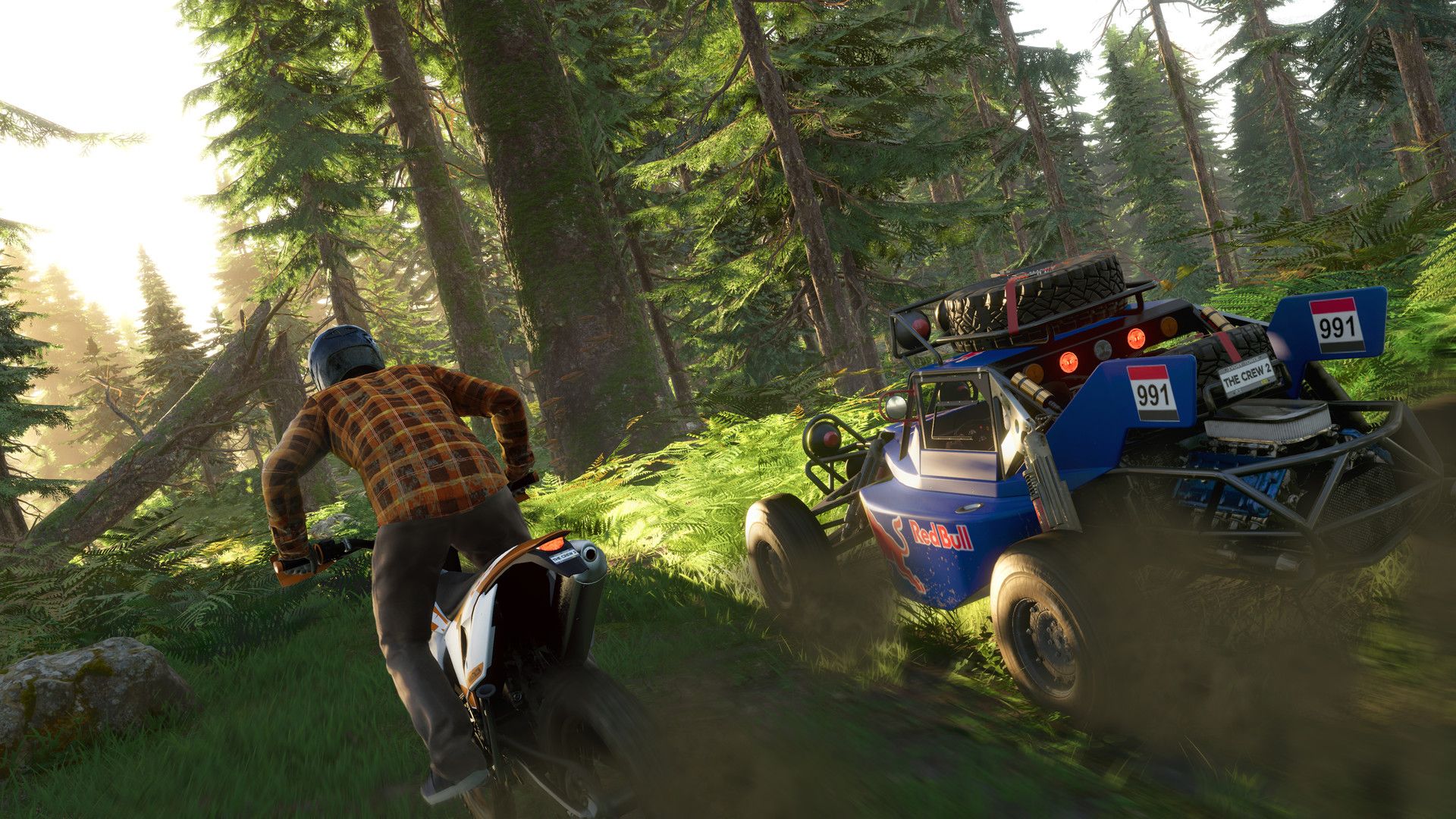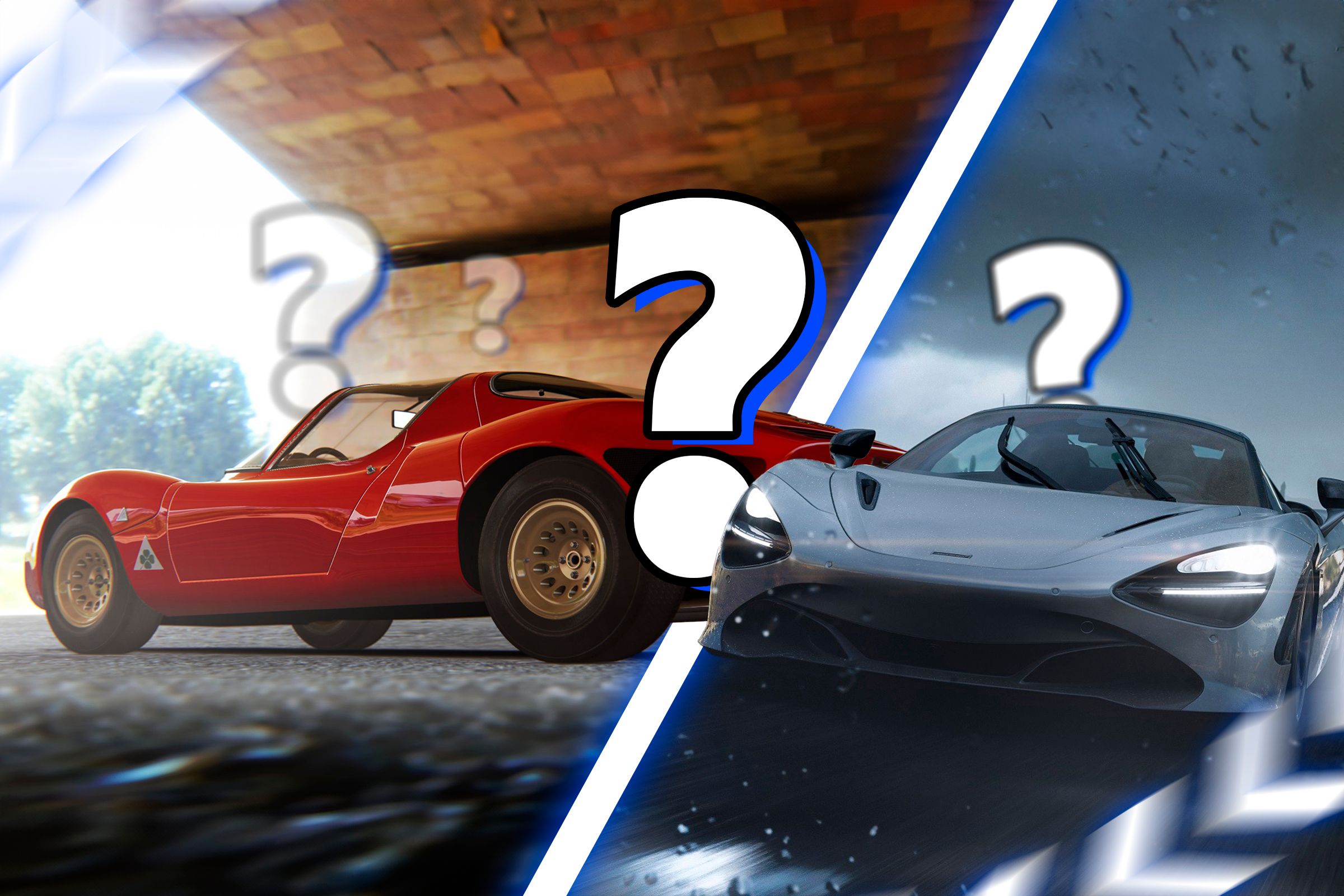
Key Takeaways
- Racing games were once vibrant with unique identities and a plethora of titles from various publishers.
- The genre is in decline due to a lack of interest, high development costs, and a lack of innovation.
- Truly unique racing games are rare but still exist including
BeamNG.drive
and
iRacing
.
We live in a time when video games have never been better or more abundant. Regardless of which genres you enjoy, there are likely at least two dozen good games that you can choose from right now. However, that isn’t the case with racing games, which seem to be few and far between. So what happened?
Racing Games Were Once King
Back in the 90s and early 2000s, every console needed to launch with a handful of exciting games in order to sell millions of units. Technology was rapidly advancing, and what better way to showcase the new hardware than with a selection of new games?
Among those new games, there had to be at least one or two racing games that set the tone for the genre on the new platform, as Mario Kart did on Nintendo consoles. You probably remember classic racing games from the golden era: Need for Speed, Gran Turismo, Forza Motorsport (and later Horizon), Colin McRae Rally and Dirt, Driver, Test Drive, Grand Prix, and so many others.
If I named them all, we’d be here all day. That’s how ubiquitous the racing genre used to be.
Moreover, it seemed like every publisher or developer had to have at least one racing game. Rockstar Games had Midnight Club, Sega had Virtual Racer, Daytona and Sega Rally, Sony had MotorStorm and Gran Turismo, and Bandai Namco had Ridge Racer and Final Lap.
Electronic Arts (EA) has the longest and most comprehensive list, as the publisher owns Need for Speed, Burnout, and NASCAR, and thanks to the acquisition of Codemasters, a bunch of others like Grid, Dirt and Rally, F1, and Project Cars.
Many of these titles had a unique identity that made them stand out. Some were fun arcade experiences that prioritized vehicular combat in the form of smashing into other cars in nitro-fueled chases, while others were pure simulations that attempted to recreate real-life track races.
Regardless of what type of racing sub-genre you prefer, there was a healthy selection to choose from.
Even individual entries from a franchise had a unique flavor. Need for Speed: Porsche Unleashed, Underground, Most Wanted, and Carbon were all released within six years of one another, yet each game felt different and found their fans.
We’ve also seen a fair share of experimental racing games that didn’t just blatantly copy the other games from the genre. Remember Blur and even the somewhat recent Onrush? We just don’t see experimental games like those anymore.
The Genre Isn’t as Popular as It Once Was
I’m not saying that nobody plays racing games anymore. There are still plenty of enthusiasts who spend good money on realistic racing sim systems, and many others who enjoy racing with friends while relaxing on the couch, controller in hand.
Still, there’s no denying the fact that the racing genre is in decline, perhaps because there’s a lack of interest. Younger gamers tend to gravitate towards other popular genres, like shooters, MOBAs, and RPGs. I have two younger half-brothers who genuinely love cars, yet neither of them plays racing games on a regular basis. They mostly play whatever is trending.
Can you recall a racing game that went “viral” in the past decade? Me neither.
Another potential reason why racing games aren’t being made is monetization. Creating a new racing game from the ground up is very expensive, so it has to be sold at full price. But there’s no guarantee that the game will sell.
Making the game free and monetizing through in-game purchases isn’t really a viable strategy, either. If the developer locks the Nissan Skyline GT-R R34 behind a paywall, it will spark an outrage. Releasing pay-to-win cars is a surefire way to kill your game, so developers avoid it at all costs. The only solution to monetizing cars is to make free alternatives, which is essentially what Forza Horizon does.
Another factor is the lack of innovation within the genre. Even bonafide enthusiasts like myself have shifted focus away from the genre because racing games now rarely provide the depth and progression that make a game interesting. Need for Speed used to be great at the stereotypical rags-to-riches storytelling, but what’s the point if the gameplay falls flat?
In my opinion, the last true innovation happened in 2018 when Forza Horizon 4 introduced four unique seasons that completely changed how your car drives based on weather conditions, only for its successor to replace them with a simplified weather system.
Unique Racing Games Are Rare (But Still Exist)
The real unsung heroes of the racing genre are the slightly less popular games that you can find on Steam. You’ve likely seen photorealistic clips from a heavily moddedAssetto Corsa.
BeamNG.drive is a physics sandbox game that lets you do almost anything. Think Garry’s Mod but car-oriented. iRacing is a hardcore subscription-based racing sim.
CarX Drift Racing Online and CarX Street are also solid games, though they lack licensed vehicles.
There are also several games adjacent to racers that you might enjoy. SnowRunner and MudRunner are highly realistic simulation games that allow you to drive off-road. Euro Truck Simulator 2 is also holding up well, a game that has accumulated nearly 600,000 reviews on Steam despite its niche appeal. Pacific Drive is a cool first-person survival game where you drive through a world filled with paranormal objects.
A Few Franchises Keep the Genre Alive
Although most of the big racing game franchises either no longer exist or are shadows of their former selves, there are a few notable standouts. Forza Horizon 5 and the Motorsport reboot are excellent games, despite their flaws.
The Crew 2 has an insanely large map that features a mini contiguous US, and Motorfest is an okay budget-friendly Forza Horizon clone. Gran Turismo 7 is an serviceable simulation racer.
Wreckfest, from the creators of FlatOut, is a demolition derby game that’s getting a well-deserved sequel, which I look forward to playing. The F1 series is also good, though I resent the predatory practice of publishers selling the same game every year.
Need for Speed Heat is worth playing for cop chases alone. Ubisoft’s Trackmania is also seriously underrated. It’s one of the best free arcade racers, which is perfect if you love setting times for short laps and breaking records.
While racing games aren’t what they used to be, I’m still hopeful for a revitalization of the genre. A few standout racing games, either within existing franchises or new IPs, could be all it takes to spark a new wave of interest among gamers.
EA needs to fix Need for Speed and revive Burnout, Rockstar Games would be at the top of the world with a new Midnight Club, and Playground Games could reinvent the wheel by simply using Forza’s engine to create a more focused campaign with fewer but more distinct-feeling cars. Perhaps a few successful games are all it takes.
In the meantime, I’ll be keeping myself entertained with Pacific Drive and Assetto Corsa.
Source link


